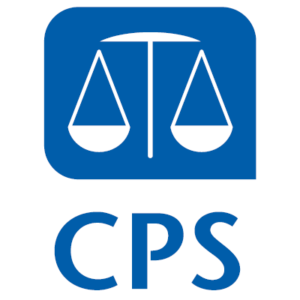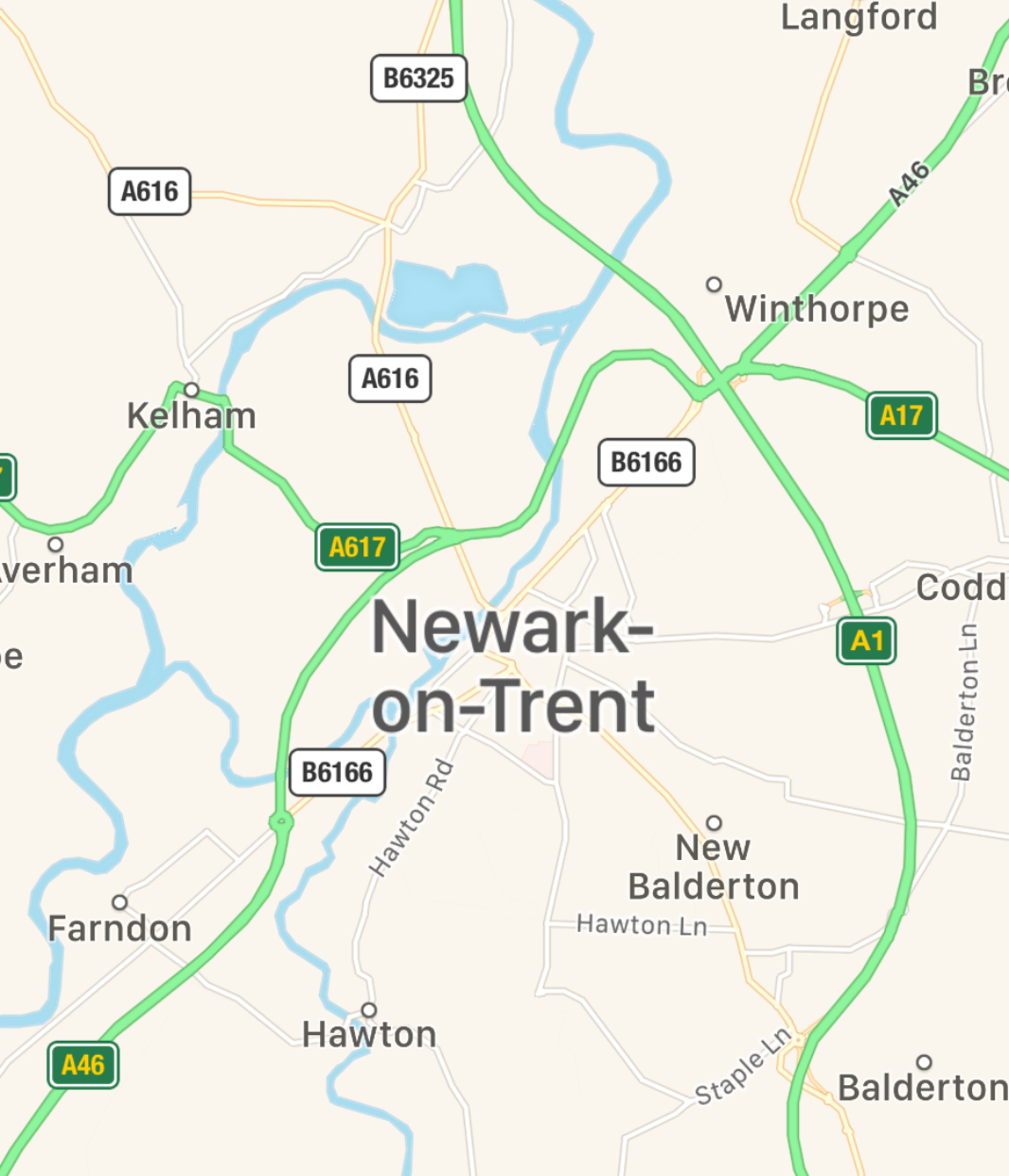All posts by Andrew Wesley/h3>
Nottingham criminal defence solicitor Nick Walsh recently represented a client who was in her sixties and of good character. She was charged with an assault by beating. The alleged victim was her neighbour, a male in his twenties. Cross allegations were made.
Neighbour dispute with a history of complaints
The background to the allegation was a history of complaints being made to the police by both parties. On this occasion it was alleged by the neighbour that he had been walking past our client’s address. As he did so she had shouted abuse from her window. She called him over to her window. When he approached and asked what she wanted it was said that she punched him in the face causing injury.
Free and independent legal advice in police interview
Nick’s client sought our free and independent advice in police interview. Having taken that advice she chose to answer questions. She admitted hitting her neighbour. Our client maintained, however, that this was because he had approached her, both drunk and abusive, and she thought that he was going to hit her.
She then went on to tell the police about an incident that had taken place the following week. His behaviour had been similar, but fortunately another neighbour had intervened to protect her.
Despite these denials, her age and lack of convictions, the police chose to charge our client. As is often the case the police failed to investigate the allegations that our client made about the complainant.
Nick’s client appeared at Nottingham Magistrates’ Court. She entered a not guilty plea and the case was adjourned for trial. In the meantime Nick traced the neighbour who had assisted during the second incident.
Cross allegations investigated with our help
As a result Nick advised his client to make a further complaint to the police. He helped her in making contact with the police and reminded them of their duty to investigate her complaint. As a result the police were finally persuaded to interview the neighbour in relation to the second incident. Bearing in mind this allegation was supported by an independent witness, the complainant was charged and became a defendant in these separate proceedings.
Successful written advocacy
 Prior to trial Nick was able to make representations to the Crown Prosecution Service. He argued that the second incident was very important. It left the credibility of the complainant in ruins. The prosecution accepted that he had behaved as described in the second incident. Nick’s client’s defence was that he had behaved the same way a week before. As a result, he suggested that there was no longer a reasonable prospect of conviction.
Prior to trial Nick was able to make representations to the Crown Prosecution Service. He argued that the second incident was very important. It left the credibility of the complainant in ruins. The prosecution accepted that he had behaved as described in the second incident. Nick’s client’s defence was that he had behaved the same way a week before. As a result, he suggested that there was no longer a reasonable prospect of conviction.
The prosecution accepted this argument and discontinued the prosecution of our client.
Instruct a Nottingham Criminal Defence Solicitor
If you face charges before the court you will want to instruct an expert defence solicitor who is alive to the possibilities of written advocacy as well as the usual advocacy involving speaking in court.
Although this was a case where there may well have been a successful outcome at trial, we know that the sooner a case can be resolved in a client’s favour, the better for them. As a result, rather than wait for the trial date, Nick ensured that the prosecution had no alternative but to discontinue the case once the cross allegations were made.
You can contact our Nottingham office on 0115 9599550 24 hours a day, 7 days a week, for emergency free and independent advice and representation in the police station. Alternatively, contact us during office hours to make an appointment to see on of our solicitors.
There is also a contact form that you can use below.
Contact





